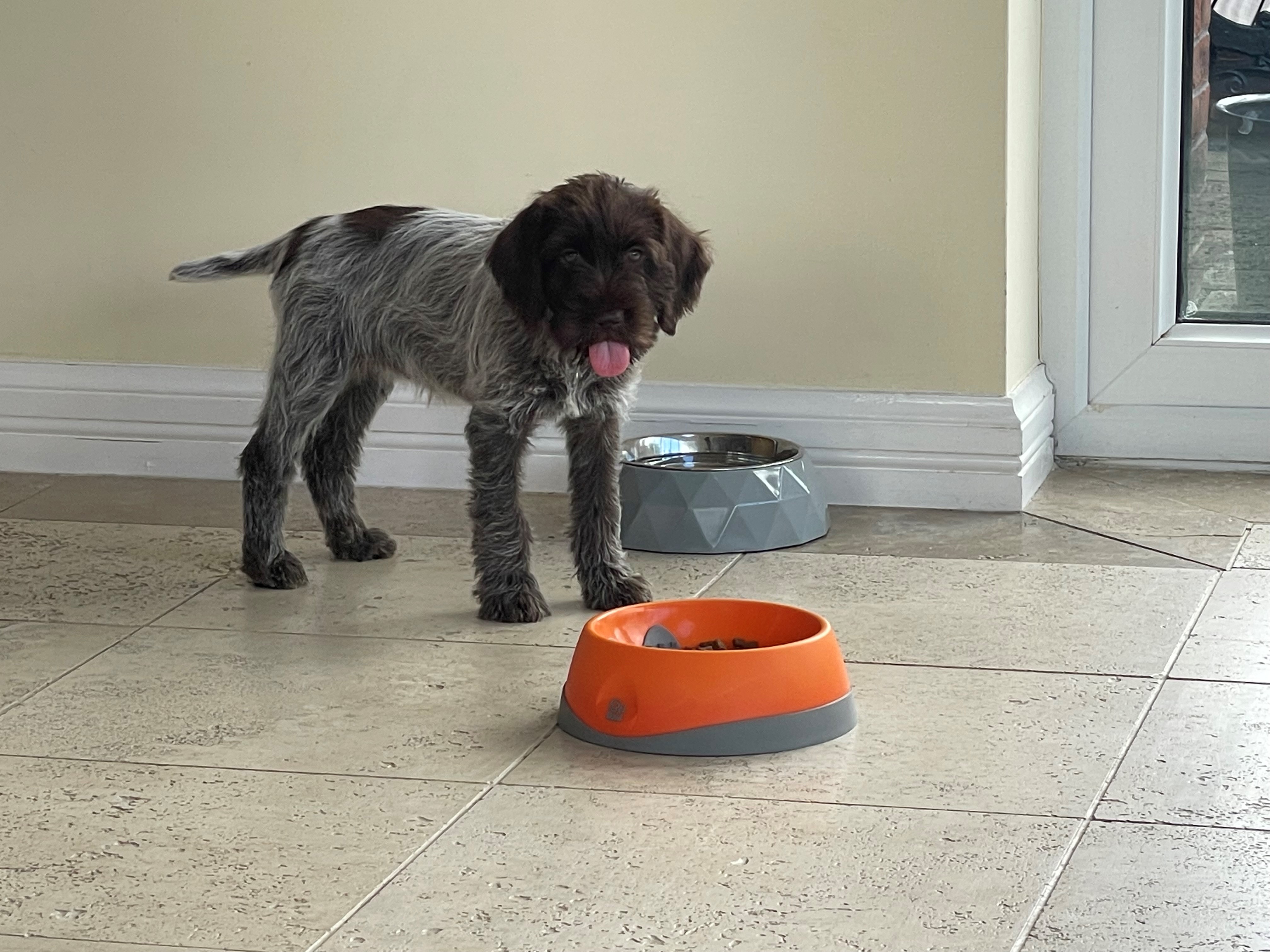
Becoming a Canine Nutritionist and Starting a Business
Nourishing Pathways: A Guide to Becoming a Canine Nutritionist and Starting a Business
Introduction: As more pet owners prioritise the well-being of their furry companions, the field of canine nutrition has gained significant importance. Becoming a canine nutritionist not only allows you to contribute to the health and happiness of dogs but also offers an opportunity to start a fulfilling and potentially profitable business. In this blog post, we'll explore the steps to become a canine nutritionist, discuss the costs involved, and offer insights into starting your own business in the field of canine nutrition.
Step 1: Understand the Role of a Canine Nutritionist
A canine nutritionist is a professional who specialises in designing balanced and appropriate diets for dogs. This involves a deep understanding of a dog's nutritional needs, dietary restrictions, and health conditions. As a canine nutritionist, you will work closely with pet owners to create customised meal plans that support the overall health and well-being of their beloved companions.
Step 2: Education and Qualifications
While formal qualifications may not be mandatory, having a solid educational foundation in animal science, veterinary medicine, or a related field can greatly enhance your credibility as a canine nutritionist. Consider pursuing a degree, diploma, or certification program that focuses on animal nutrition.
Look for reputable institutions that offer courses specific to canine nutrition and start with iPET Network’s suite of qualifications.
Step 3: Gain Practical Experience
Practical experience is invaluable in developing your skills as a canine nutritionist. Consider volunteering at animal rescues or shelters, interning with veterinary clinics, or working alongside established nutritionists. This hands-on experience will provide insights into real-world scenarios and deepen your understanding of the complexities of canine dietary needs.
Step 4: Business Planning
Starting a business in canine nutrition involves careful planning and strategizing. Begin by defining your niche—whether you specialise in specific dietary requirements, such as allergies, raw feeding or weight management. Create a business plan that outlines your services, target audience, pricing structure, and marketing strategies.
Step 5: Costs Involved
The costs associated with becoming a canine nutritionist can vary depending on your educational path and the resources you invest in. Here are some potential expenses to consider:
1. Education: The cost of certification programs or formal education can range from a few hundred to a few thousand pounds.
2. Materials and Resources: Invest in textbooks, reference materials, and software tools related to canine nutrition which may need updating over time as science evolves.
3. Business Setup: Registering your business, acquiring necessary licenses, and building a professional website may require initial financial investment.
4. Marketing and Promotion: Budget for marketing efforts such as social media advertising, creating business cards, and attending trade event or shows.
5. Insurance: Consider liability insurance to protect yourself and your clients.
Step 6: Build Your Network and Client Base
Networking is crucial for establishing your presence as a canine nutritionist. Connect with local veterinarians, pet stores, and groomers to build referral relationships. Utilise social media platforms to share informative content, engage with pet owners, and showcase your expertise.
Step 7: Provide Exceptional Services
Deliver exceptional value to your clients by offering personalised and evidence-based nutrition plans. Conduct thorough assessments of each dog's needs, taking into account factors such as age, breed, activity level, and health conditions. Regular follow-ups and adjustments to the diet plan will help build trust and long-lasting relationships.
Conclusion: Becoming a canine nutritionist is a rewarding journey that requires a blend of education, practical experience, and a passion for improving the lives of dogs. While the costs of education and business setup may vary, the opportunity to positively impact the health and well-being of furry companions is immeasurable. By acquiring the necessary qualifications, gaining practical experience, and focusing on providing exceptional services, you can embark on a fulfilling career in canine nutrition and establish a successful business that nurtures both pets and their owners.
View our Canine Nutrition qualifications here
